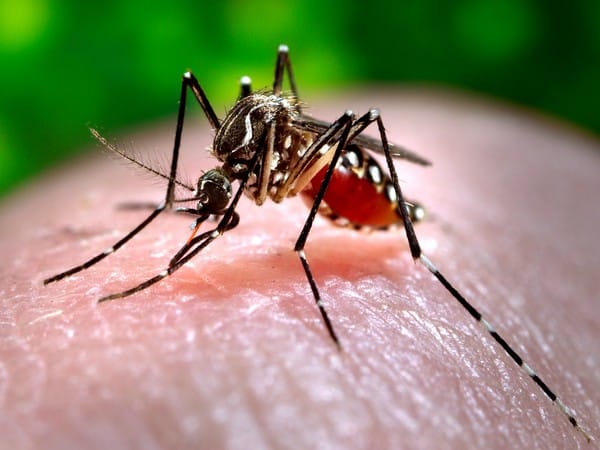The detection of Zika virus cases in Pune has sparked concerns among health authorities and residents alike, highlighting a new health challenge amidst the ongoing pandemic backdrop. As of the latest reports, Pune has recorded six confirmed cases, signaling a localized outbreak that demands swift and coordinated responses.
The emergence of Zika virus, primarily transmitted by Aedes mosquitoes, poses significant public health implications. Symptoms typically include fever, rash, joint pain, and conjunctivitis. Severe complications such as Guillain-Barré syndrome and birth defects in babies born to infected mothers are also possible. Health officials in Pune have initiated heightened surveillance and vector control measures to contain the spread, urging the public to remain vigilant and take preventive measures.
Authorities are focusing on educating the community about mosquito bite prevention, eliminating breeding sites, and enhancing diagnostic capabilities to identify and treat cases swiftly. Collaborative efforts between health agencies, local governments, and communities are crucial in managing the situation effectively. Amidst the ongoing COVID-19 pandemic, the additional burden of the Zika virus underscores the importance of robust health systems and proactive public health measures to safeguard community well-being.
In conclusion, the emergence of Zika virus cases in Pune underscores the unpredictable nature of infectious diseases and the need for preparedness and rapid response capabilities. As health authorities monitor the situation closely and implement necessary interventions, community awareness and cooperation remain pivotal in mitigating the spread and impact of the Zika virus in the region. Vigilance, early detection, and collective action will be key in navigating this public health challenge successfully.

